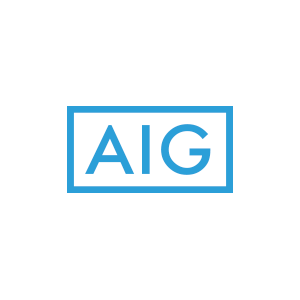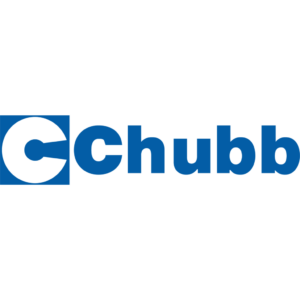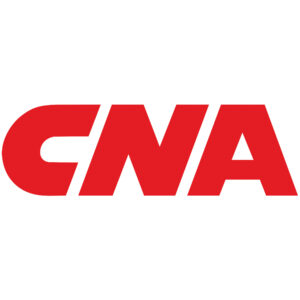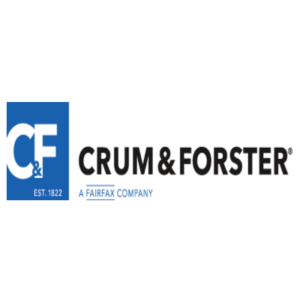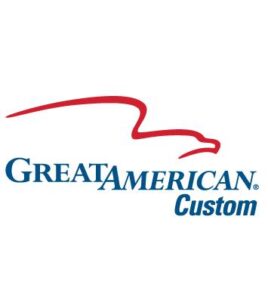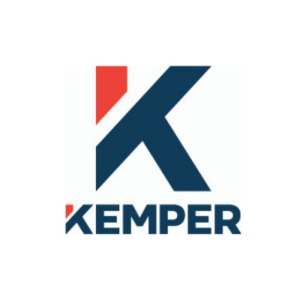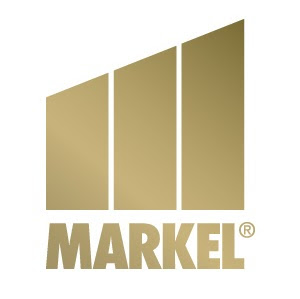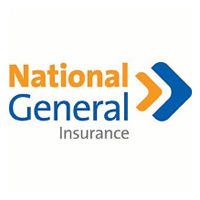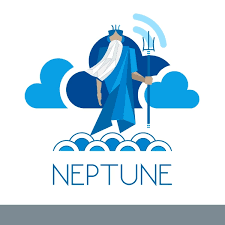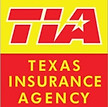Ecommerce Insurance
Keep your online business safe with ecommerce insurance
Secure your ecommerce internet store with insurance
Ecommerce insurance is a specialized type of insurance designed to address the unique risks and challenges faced by online businesses and retailers. In the digital age, where online shopping has become increasingly prevalent, ecommerce insurance plays a vital role in safeguarding businesses operating in the virtual marketplace. This coverage encompasses a range of protections, including coverage for cyber liability, which guards against data breaches and cyberattacks, as well as product liability to cover defective or harmful products sold online.
Additionally, ecommerce insurance may include coverage for business interruption, protecting against disruptions in online operations, and shipping insurance to cover the loss or damage of goods during transit. For ecommerce businesses, this insurance is not just a safety net but a critical tool for ensuring business continuity and mitigating the financial and reputational risks that can arise in the digital commerce landscape.
Who Is ecommerce Insurance Right For?
Ecommerce insurance is suitable for a range of businesses and individuals involved in online retail and digital commerce. It is particularly beneficial for:
Online Retailers: Ecommerce insurance is a must-have for online retailers of all sizes, from small startups to large established businesses. It provides protection against various risks associated with selling products online, including product liability and cyber threats.
Ecommerce Entrepreneurs: Individuals who run their own ecommerce stores or engage in dropshipping should consider this insurance to protect their investments and personal assets from potential liabilities.
Marketplace Sellers: Sellers on popular online marketplaces like Amazon, eBay, or Etsy can benefit from ecommerce insurance to cover their operations on these platforms, as well as any liability arising from their products.
Web Design and Development Companies: Businesses involved in designing, developing, or maintaining ecommerce websites may need insurance to protect against claims related to website errors, security breaches, or data loss.
Payment Processors and Ecommerce Service Providers: Companies that offer payment processing solutions, hosting services, or other ecommerce-related services should consider insurance to protect against potential liabilities stemming from service disruptions or data breaches.
Dropshippers: Dropshipping businesses, which rely on third-party suppliers, can use ecommerce insurance to safeguard against product quality issues or shipping problems that could lead to customer disputes.
Affiliate Marketers: Those who promote and market products or services as affiliate marketers may require coverage for claims related to the products or services they promote.
Manufacturers and Distributors: Businesses that manufacture or distribute products sold online may need product liability insurance, especially if they sell directly to consumers through ecommerce channels.
Digital Entrepreneurs: Individuals and companies involved in various aspects of the digital economy, such as software development, digital content creation, or online education, can benefit from cyber liability coverage to protect against data breaches and other online threats.
Online Service Providers: Online service providers, including SaaS (Software as a Service) providers, should consider insurance to protect against legal claims and data breaches.
The specific insurance needs of each ecommerce entity may vary based on their operations, size, and the types of products or services they offer. Ecommerce insurance can be tailored to address the unique risks associated with online business activities, making it an essential tool for protecting assets, mitigating liabilities, and ensuring business continuity in the digital commerce landscape.
Commercial Insurance Quote
Types of policies available with ecommerce insurance
Ecommerce insurance encompasses various types of policies designed to address the specific risks and needs of online businesses. Here are some common types of policies available with ecommerce insurance:
Cyber Liability Insurance: This policy protects against losses resulting from data breaches, cyberattacks, and other cyber threats. It covers expenses such as notification costs, data recovery, legal fees, and potential fines or penalties related to data breaches.
Product Liability Insurance: Product liability insurance is crucial for ecommerce businesses that sell physical products. It provides coverage in case a product sold online causes injury or property damage. It can also include coverage for defective or harmful products.
General Liability Insurance: General liability insurance offers coverage for bodily injury and property damage claims that occur on your business premises or as a result of your business operations. This can be important for online businesses with physical locations or for situations where third parties are injured while interacting with your products.
Business Interruption Insurance: Business interruption insurance covers lost income and extra expenses if your ecommerce operations are interrupted due to covered events like fires, natural disasters, or cyberattacks. It helps your business recover financially during downtime.
Commercial Property Insurance: While your business may be primarily online, you might still have physical assets such as office equipment or inventory. Commercial property insurance can cover these assets against risks like fire, theft, or vandalism.
Professional Liability Insurance (E&O): Also known as Errors and Omissions insurance, this policy protects against claims of professional mistakes or negligence in the services you provide. It’s valuable for businesses offering consulting, advice, or professional services online.
Cargo or Shipping Insurance: For ecommerce businesses that handle their own shipping, cargo or shipping insurance can cover the loss, theft, or damage of goods during transit.
Workers’ Compensation Insurance: If you have employees, workers’ compensation insurance is typically required by law and provides coverage for employee injuries or illnesses that occur while on the job.
Employment Practices Liability Insurance (EPLI): EPLI covers legal expenses related to employment-related claims, such as wrongful termination, harassment, or discrimination, which can arise from online hiring and employment practices.
Data Breach Response Insurance: In addition to cyber liability insurance, some policies offer data breach response insurance, which provides specialized assistance in responding to and mitigating the effects of data breaches.
Commercial Auto Insurance: If your ecommerce business involves the use of vehicles for deliveries or other purposes, commercial auto insurance can provide coverage for accidents and liabilities associated with those vehicles.
Content Liability Insurance: This coverage protects against claims of defamation, copyright infringement, or other legal issues related to the content you publish online, such as blog posts, videos, or product descriptions.
Environmental Liability Insurance: For ecommerce businesses dealing with products that may have environmental risks, such as electronic waste, this insurance can provide coverage for potential environmental liabilities.
Ecommerce insurance policies can be tailored to the specific needs and risks of your online business. To determine the right combination of policies for your ecommerce operation, it’s advisable to consult with an experienced insurance provider who can assess your unique circumstances and help you build a comprehensive insurance portfolio.

As an ecommerce store owner, protecting your business with an insurance policy is crucial
Reach out to us for a personalized consultation and explore the coverage options that suit your specific needs
Companies We Work With

